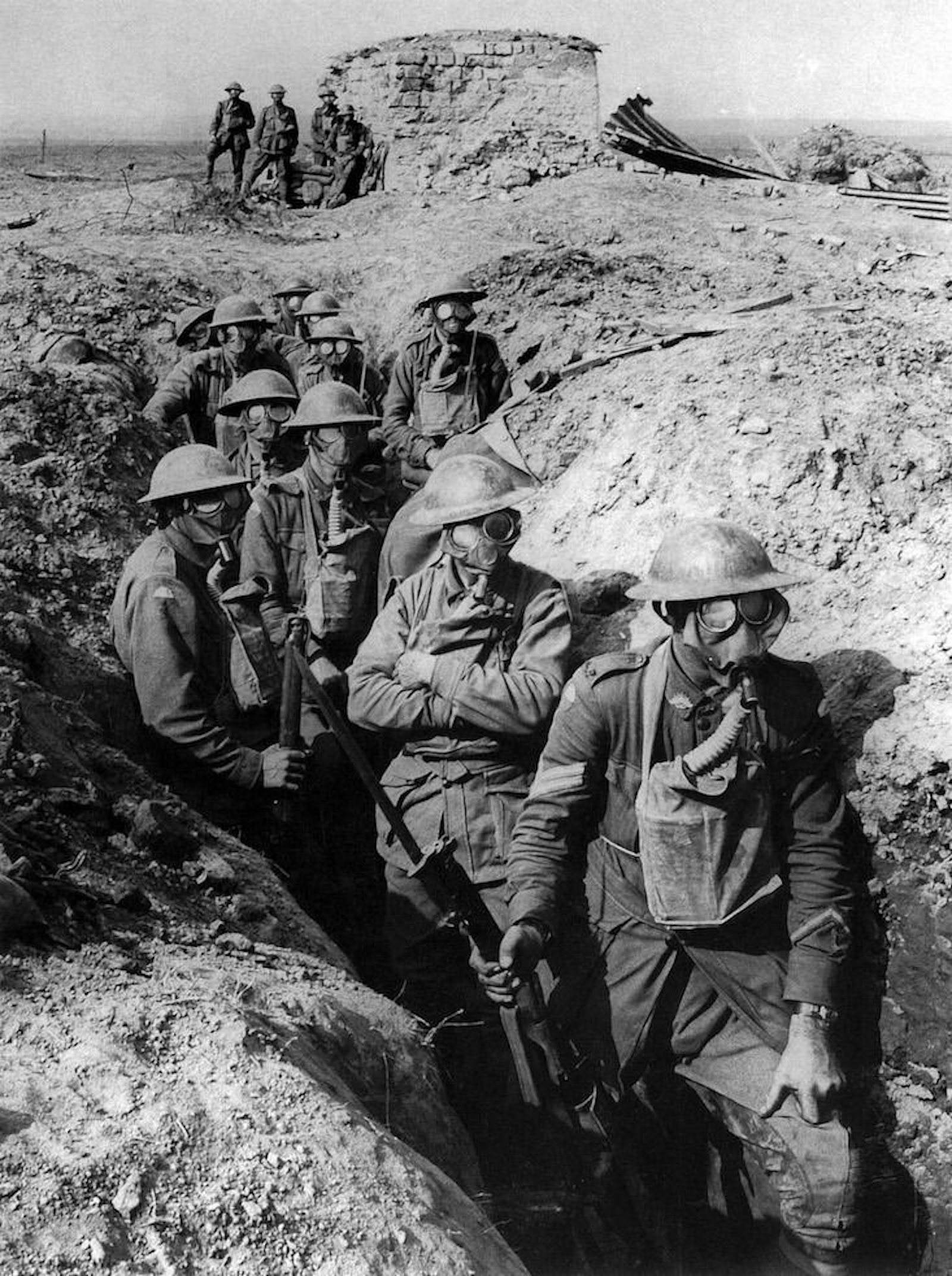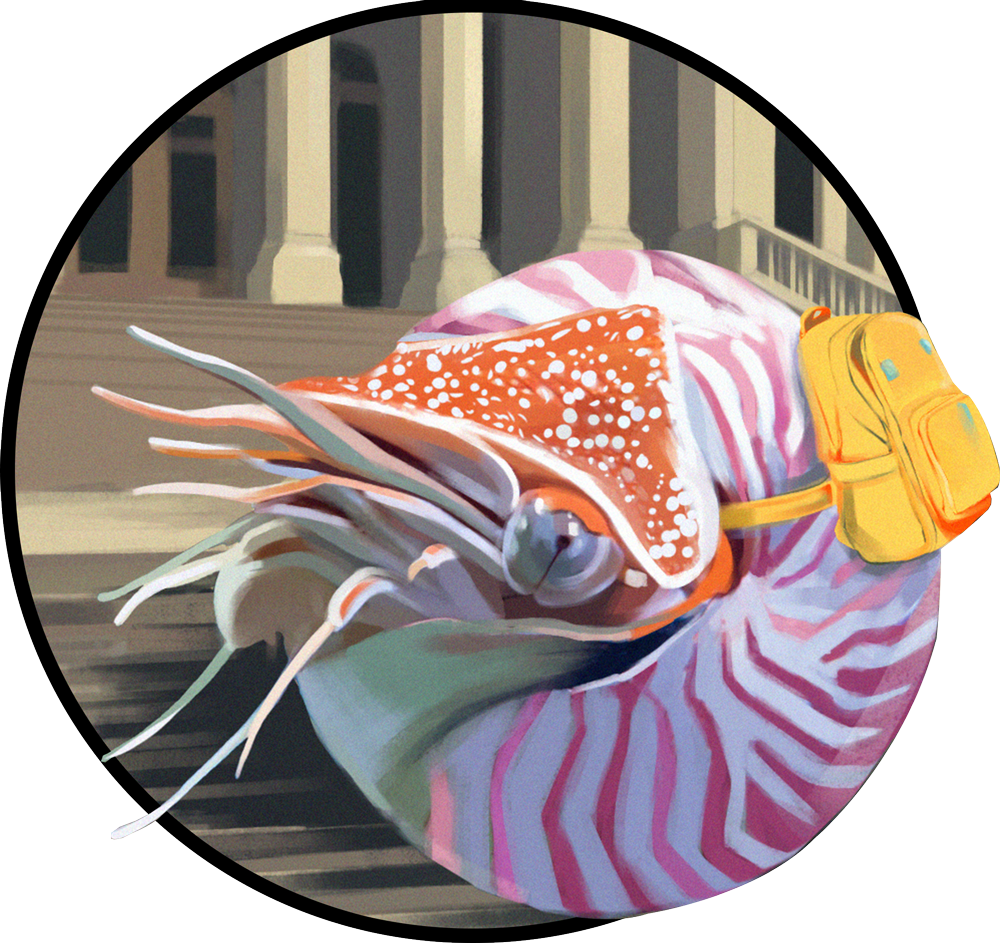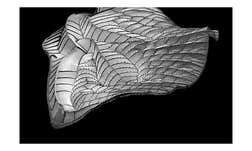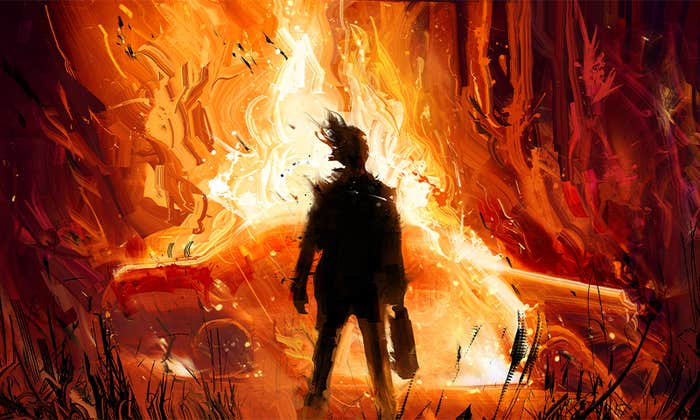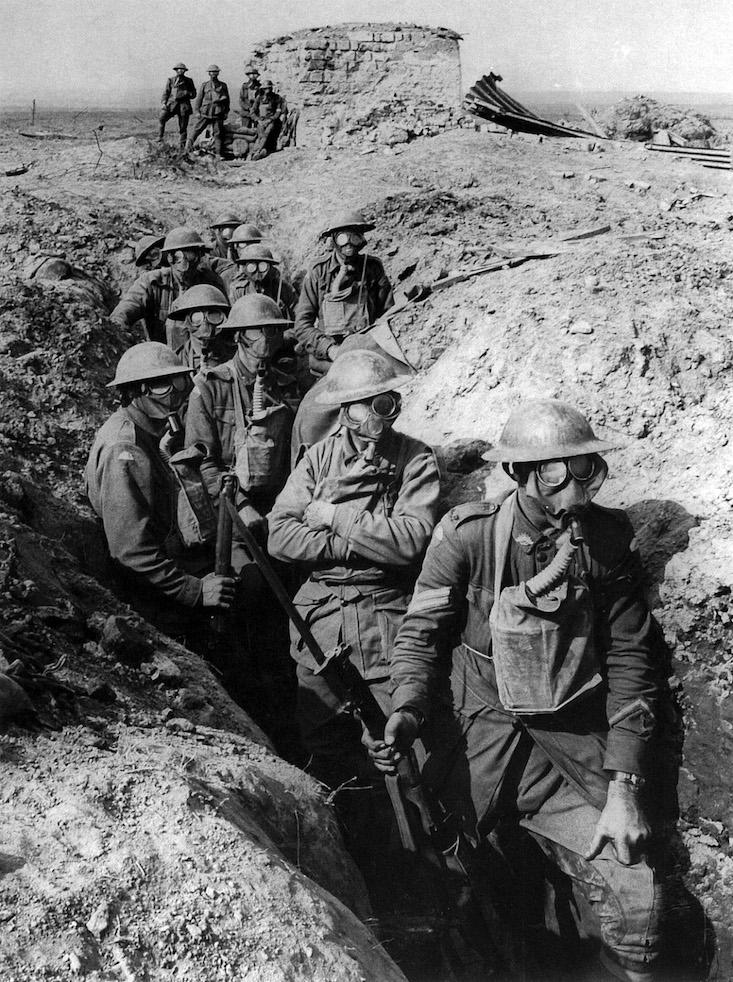
You might think it insensitive or even offensive to ask whether PTSD could be good for someone. Who wants a disorder, let alone one caused by “post-traumatic stress”? Yet when Nautilus posed this question to Rachel Yehuda, a professor of psychiatry and neuroscience and the director of the Traumatic Stress Studies Division at the Mount Sinai School of Medicine in New York City—where she’s worked with war veterans, Holocaust survivors, and other trauma victims—she said, “I don’t know.”
That ambivalence partly stems from the fuzzy concept of “trauma.” There’s no way to be sure what will traumatize someone, and not everyone exposed to “trauma” develops PTSD. “We’re now having a conversation about whether all the effects of trauma are negative, or whether some of the biological changes we see are the body’s attempt to cope and adapt and restore things in the face of destruction,” Yehuda says. “It’s like when one god shuts a door, he opens a window.” Yehuda does have a definition of trauma she likes: a “watershed event,” one that “divides your life into before and after” that is also “cataclysmic, horrible, terrifying—and that changes you.” And why not for the better?
This year marks the centenary of the death of the poet Wilfred Owen, who died fighting in World War I at the age of 25. Would he be remembered today if he hadn’t been admitted, in the summer of 1917, to Craiglockhart, a military psychiatric hospital, to be treated for “shell shock,” a type of post-traumatic stress disorder? While there, his psychotherapist Arthur Brock, as part of his treatment, encouraged Owen to render his memories and dreams of the trenches in writing.
“Here is a gas poem done yesterday (which is not private, but not final),” Owen wrote to his mother, enclosing the first draft of “Dulce et Decorum Est.” This short, two-sonnet poem was recently described by Santanu Das, a professor of English at King’s College London, as one of the “most important First World War poems, if not perhaps the most popular war poem ever written.”
Read it below (or listen to Christopher Hitchens recite it here):
Bent double, like old beggars under sacks,
Knock-kneed, coughing like hags, we cursed through sludge,
Till on the haunting flares we turned our backs,
And towards our distant rest began to trudge.
Men marched asleep. Many had lost their boots,
But limped on, blood-shod. All went lame; all blind;
Drunk with fatigue; deaf even to the hoots
Of gas-shells dropping softly behind.
Gas! GAS! Quick, boys!—An ecstasy of fumbling
Fitting the clumsy helmets just in time,
But someone still was yelling out and stumbling
And flound’ring like a man in fire or lime.—
Dim through the misty panes and thick green light,
As under a green sea, I saw him drowning.
In all my dreams before my helpless sight,
He plunges at me, guttering, choking, drowning.
If in some smothering dreams, you too could pace
Behind the wagon that we flung him in,
And watch the white eyes writhing in his face,
His hanging face, like a devil’s sick of sin;
If you could hear, at every jolt, the blood
Come gargling from the froth-corrupted lungs,
Obscene as cancer, bitter as the cud
Of vile, incurable sores on innocent tongues,—
My friend, you would not tell with such high zest
To children ardent for some desperate glory,
The old Lie: Dulce et decorum est
Pro patria mori.
That Latin line, very popular at the time, comes from the Roman poet Horace: “How sweet and honorable,” it says, “to die for one’s country.”
Brock believed shell shock was “a condition which could only be combated by the useful functioning of the individual…”
From a scientific perspective, the lasting power attributed to the poem should come as no surprise. Last year, a study of the aesthetic appeal of poetry—specifically haikus and sonnets—found that, though the subjects disagreed strongly about which poems they liked, just about all of them agreed that the “vividness of imagery was the strongest contributor” to the aesthetic pleasure of the poems. This was followed by the other subjective qualities the researchers considered—“valence” (how positive or negative the poem’s theme seemed to be) and how emotionally arousing the poem felt.
The first time I read “Dulce et Decorum Est,” I felt I was there on the battlefield—angry at how the soldiers suffered. One of the authors of the study, Edward Vessel, said, “We suspect that the reason for the strong influence of sensory imagery is its ability to convey meaning. Vivid language gives readers the opportunity to see, hear or feel things through their imagination and thus to experience a quasi-sensual dimension when reading it.”
Imparting this vicarious experience to readers was how Brock thought Owen might heal from shell shock. Brock believed that it was “a condition which could only be combated by the useful functioning of the individual in improving the immediate environment for himself and those around him,” wrote Thomas E.F. Webb, a clinical research fellow at the National Hospital for Neurology and Neurosurgery, in London, in a 2006 paper. For Owen, that meant, among other things, publicly opposing and exposing in his poetry a war he had initially been rather sanguine about. (After he left with the Lancashire Fusiliers as a volunteer, in December 1916, he wrote his mother, “There is a fine heroic feeling about being in France….”)
The teenage Owen yearned to be a poet, and meeting another poet at Craiglockhart, Siegfried Sassoon, was crucial to his development. Still, according to the Poetry Foundation, it seems likely that Brock “assisted Owen in confronting the furthermost ramifications of his violent experiences in France so that he could write of the terrifying experiences in poems such as ‘Dulce et Decorum Est,’” among others. Brock had Owen “direct his artistic eye over his experiences and not his fantasies,” as he had before the war, “to approach a cure by functioning,” wrote Webb. In his 2000 book A War of Nerves: Soldiers and Psychiatrists in the Twentieth Century, the late English historian Ben Shephard says that Brock’s “methods worked dramatically with Owen and had a decisive role in transforming him from a literary young man with a sense of failure into a major poet with his own distinctive voice—and a confident and determined young officer.”
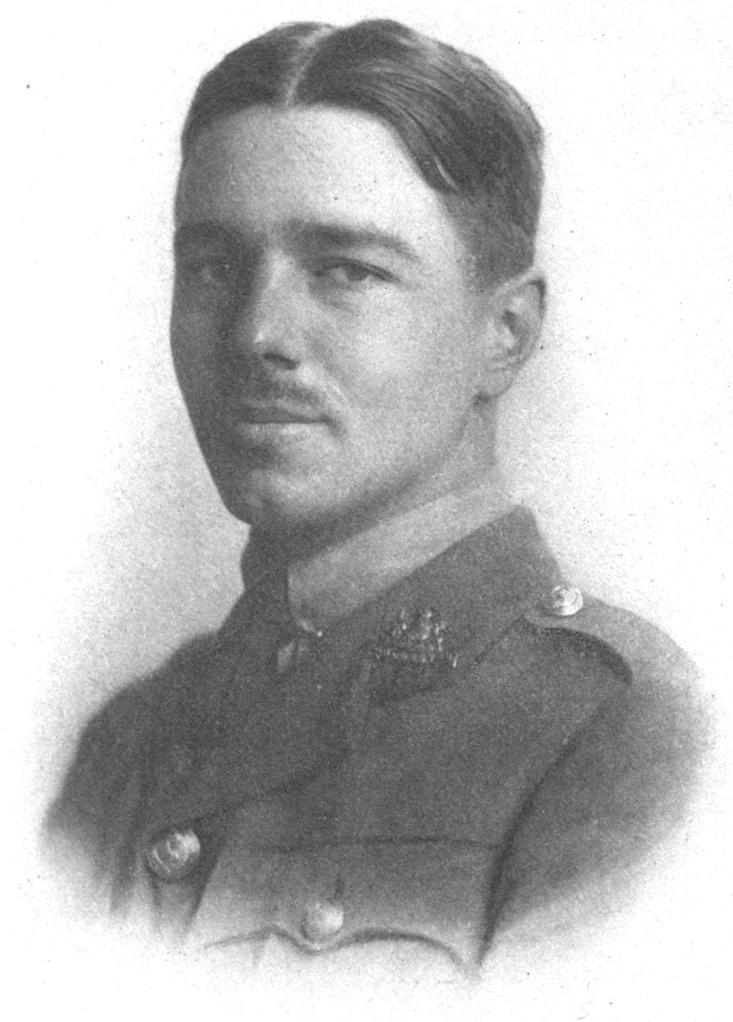
Transfiguring his gruesome memories and nightmares of battle into poetry afforded Owen a keen psychological precision perhaps even William James could envy. Take the lines, “Gas! GAS! Quick, boys!—An ecstasy of fumbling/Fitting the clumsy helmets just in time.” Consider that word choice, an “ecstasy of fumbling.” When Sassoon was giving him notes, he scribbled “?” next to that first line, as if to say, “Really?” Commenting on this apparent oddity in a video for the British Library, Das, the English professor, wonders whether the word is “used to suggest a moment of nervous energy,” where “both terror and a sense of exhilaration are fused and confused.” On the other hand, he says, it could be a “tremendous sense of bodily release that this word expresses, a sense of being able to come out of the trenches after being cooped up for a long time.” Owen’s deft observations, in his poem “Insensibility,” of what happened to the personality of his fellow soldiers is quoted in the philosopher Nancy Sherman’s book Stoic Warriors: The Ancient Philosophy Behind the Military Mind.
But whether this creative work would have helped him heal, we’ll never know, since he died so young. People with PTSD “can’t necessarily control all their symptoms, but they can control the meaning of the events,” Yehuda told Nautilus. “And I think through that, there might be a way to make symptoms more tolerable.”
Owen seemed to have managed that and more. On New Year’s Eve 1917, after having met a host of eminent literary figures, he wrote to his mother with buoyant resolve, “I am started. The tugs have left me. I feel the great swelling of the open sea taking my galleon.”
Brian Gallagher is the editor of Facts So Romantic, the Nautilus blog. Follow him on X @bsgallagher.
WATCH: What PTSD tells us about human nature.
















